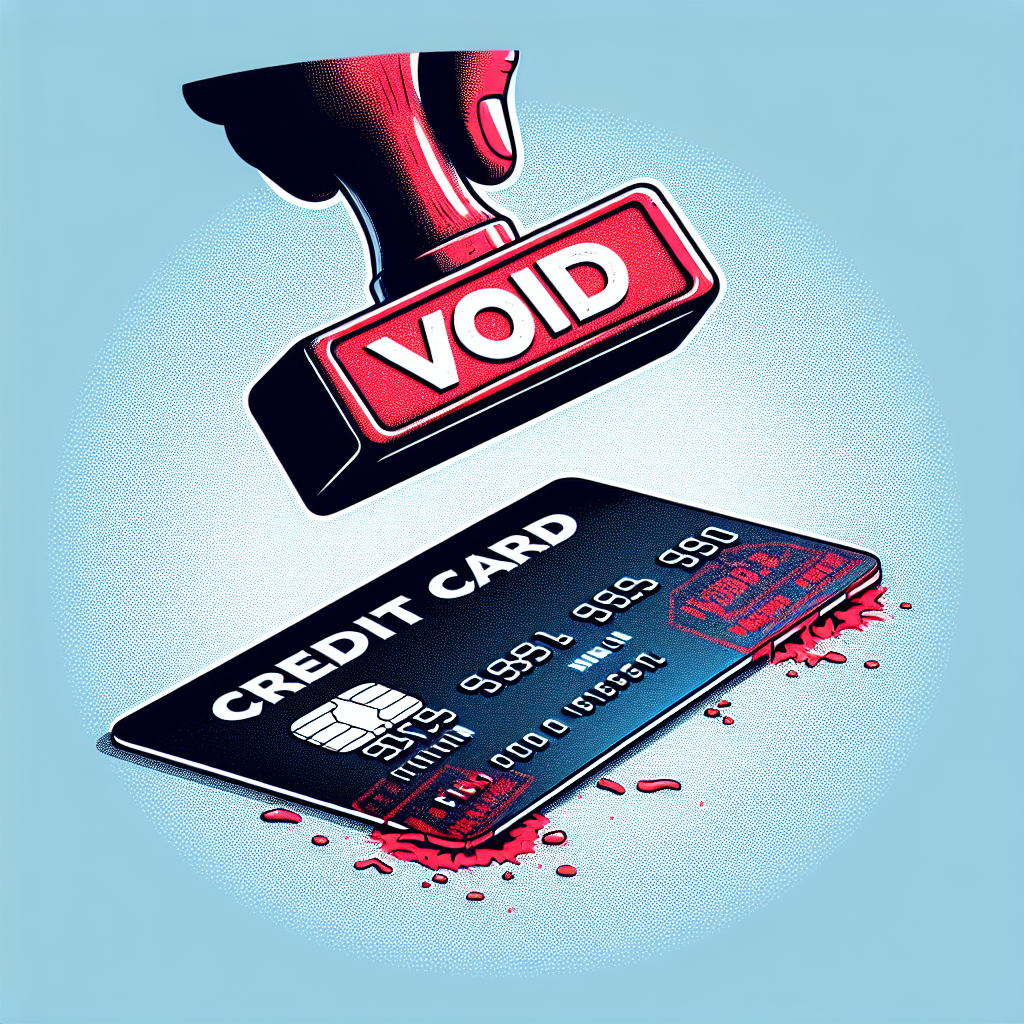Key Insights to Keep in Mind
- If your credit card application is still under review, you might have the chance to nix it before it’s finalized by the issuer.
- Once your card is officially approved, cancelling it is akin to terminating any active credit card—requiring a deliberate closure process.
- Before pulling the plug on a freshly approved card, weigh potential repercussions such as shifts in your credit usage ratio and the ripple effects on your credit rating.
Immediate Cancellation After Approval: What Could Unfold?
It’s crucial to grasp the full spectrum of outcomes — both the visible and hidden — before you decide to shut down your newly sanctioned credit card.
Your Credit Score Might Still Take a Hit
Behind the scenes, prior to giving you the green light, the credit issuer already peeked into your credit profile through a hard inquiry. This type of check tends to put a dent in your credit score because it signals you’re gearing up to take on fresh credit.
From a lender’s lens, this fresh credit request stirs uncertainty — it’s unclear what motivated the need and how responsibly you’ll manage it. Hence, hard pulls don’t come without a price on your credit standing.
Stacking up multiple hard inquiries, like when shopping around for several credit cards at once, intensifies this impact more than a solitary inquiry would.
Closing a card right after approval won’t erase the hard inquiry from your credit file. The marks on your score endure, albeit usually only a few points. Bear in mind, those with thin or limited credit files might feel a heavier blow.
You Could Lose Out on Improved Credit Utilization
Besides dodging a slight dip in your score, holding onto your new plastic might actually score you some credit karma in the form of better credit utilization.
By increasing your total available credit, your credit utilization ratio—which measures how much of your credit line you’re actually tapping—naturally declines, assuming you don’t go wild charging up the new card.
Canceling means forfeiting this fresh credit limit along with any associated benefits, which could be a missed chance to bolster your credit profile.
Crunching Some Quick Figures
According to credit reports, a single hard inquiry usually lowers your score by about 5 points or fewer, and these effects tend to fade after roughly a year. Meanwhile, keeping your credit utilization below 30% is widely recommended to maintain a healthy credit rating. Increasing your total available credit by adding new cards can significantly help in staying under this threshold.
Steps to Take Before You Pull the Plug
Ultimately, you might still opt to proceed with cancellation—for example, if the terms in the physical card package don’t jive with your expectations, or the fine print reveals unexpected fees or conditions.
Before completely cutting ties, consider negotiating with the issuer. They might be willing to tweak unfavorable terms or waive an annual fee if it’s the sticking point.
If the card company refuses to budge, then you’ll need to move forward with shutting down the account, just like you would any other credit line.
How to Cancel Depending on Your Application Stage
Terminating an Application Still in the Pipeline
When your credit card application hasn’t been greenlit yet, some issuers, including major banks, allow you to pull the brakes:
- If you applied via a physical bank location or through mail, a call to the issuer can halt the process.
- Online applications sometimes undergo manual reviews, offering a window to reach out and withdraw your request.
Closing a Card After Approval
If your card already has approval stamped on it, the cancellation process aligns with standard card closure procedures. Follow these steps:
- Clear any outstanding balance and ensure no transactions are pending to avoid surprises or lingering fees.
- Confirm that the account closure won’t trigger other consequences—especially if the card charges an annual fee; you want to avoid paying it unnecessarily.
- Keep a detailed record of your cancellation call or interaction, and request a written confirmation that your account is officially closed.
- Monitor your credit report to confirm the card account reflects as closed and no residual activity remains.
Issuer’s Discretion to Close Accounts
It’s worth noting that the credit card company can terminate your account at any moment. Often, they won’t send a formal warning if you’ve fallen behind on payments, violated terms, or failed to use the card over an extended period. Additionally, refusal to accept updated terms can prompt closure without prior notice.
Final Thoughts on Canceling a Newly Approved Credit Card
If after weighing pros and cons you decide the card doesn’t fit your financial game plan, you retain your prerogative to cancel. Just remember to reflect carefully on potential effects beforehand, and always secure written confirmation to safeguard against any future misunderstandings.



